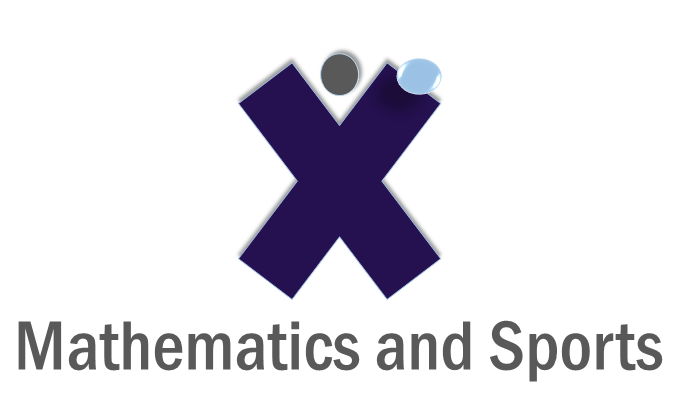Abstract
Drawing millions of fans each year and surpassing even golf and tennis in sporting event attendance in the United States, the rodeo stands as one of North America’s most unique and iconic sports. Despite having vast numbers of participants and spectators, little mathematical work has been published on the rodeo's ranking system, strategy, or other common topics covered in sports analytics. In this research, we examine the current ranking system for bareback riding in the largest rodeo organization in America, the Professional Rodeo Cowboys Association (PRCA). Due to a wide range of rodeo prize pools with no observable pattern for how they are set, the PRCA’s use of total earnings as the primary measure of ranking may not accurately represent rider skill. We explore alternative methods of comparing bareback riders by extending classical linear algebraic ranking methods (specifically, the Colley, Massey, Keener, and PageRank methods) to rank bareback riders based on their PRCA performance data. We assess the effectiveness and predictive power of these standard methods. Ultimately, we find that each of these linear algebra models favors a different aspect of rider performance---such as average earnings, average total score, and average rider score---together comprising a more holistic ranking system.
Keywords: Ranking, Rodeo, Mathematical Modeling, Linear Algebra
How to Cite:
Adler, M., McDill, F., Ng, T., Paz, W., Horng, I., Thomas, S., Harsy, A. & Schultze, A., (2025) “Money Bull: Analyzing the Application of Ranking Methods to Rodeo”, Maths and Sports 7(1). doi: https://doi.org/10.5149/ms.1329
Downloads:
Download adler_25
View PDF
1295 Views
108 Downloads

